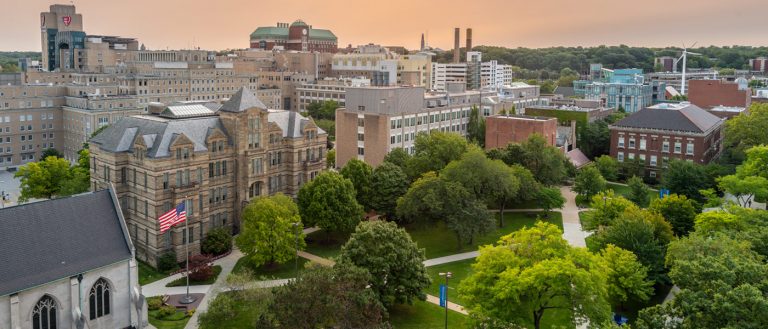In the Department of Biomedical Engineering at Case Western Reserve, PhD student Victoria Laney isn’t only working on research to help make cancer detection more accessible. She’s also offering mentorship for other women in STEM, one of countless women across the university to share her talents in the sciences. It’s a dynamic that makes the CWRU community special—only a quarter of all Americans working in STEM in 2019 were women (U.S. Census Bureau)—and it’s one that International Day of Women and Girls in Science (Feb. 11) seeks to celebrate.
In recognition of the day, The Daily spoke with Laney and other women at CWRU who advance scientific study in disciplines ranging from technology and engineering to social science, business and law.
Victoria Laney
PhD student in the Department of Biomedical Engineering
Case School of Engineering
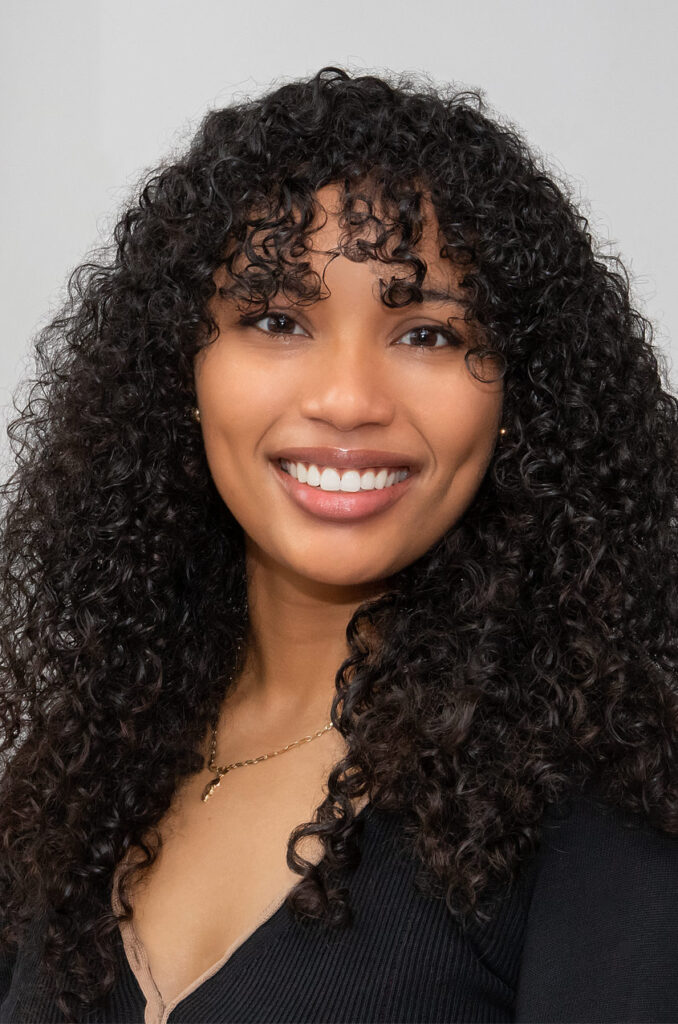
When Victoria Laney first visited Case Western Reserve University, she walked away thinking, “Wow, this is the place.”
The biomedical engineering PhD student grew up in sub-saharan Africa and attended middle school and high school—except for one year in the U.S.—in Australia and Tanzania before attending Johns Hopkins University. When she visited CWRU, it was the community that left a lasting impression.
“The people I met were focused on improving lives, not just developing technology to develop technology,” she said.
With experience in a cancer research lab from Johns Hopkins, and a passion for the area of study inspired by her grandparents, Laney joined Zheng-Rong Lu’s lab in 2019. Her goal is to make expensive soft tissue imaging technology, commonly used to detect cancer, more accessible to under-resourced communities, both domestically and internationally.
Laney also credits her mentors for helping get her to where she is.
“Sometimes you put roadblocks in your head and you don’t realize there is a path forward unless someone guides you through it,” she shared.
Laney has established multiple mentorship opportunities in the Department of Biomedical Engineering. In addition to mentoring 12 students, she co-founded the Underrepresented Minorities in Biomedical Engineering (UMBE) group in 2019 after recognizing that her underrepresented minority classmates gravitated toward each other, and formalizing as a student organization could get them resources to create mentorship opportunities, community building and professional development.
“An aspect that I really like about academia is the impact you’ll have on multiple people,” she shared. “Not just in the research, but the students as well.”
Tiffany Betras
STEM Presidential Postdoctoral Scholar
College of Arts and Sciences
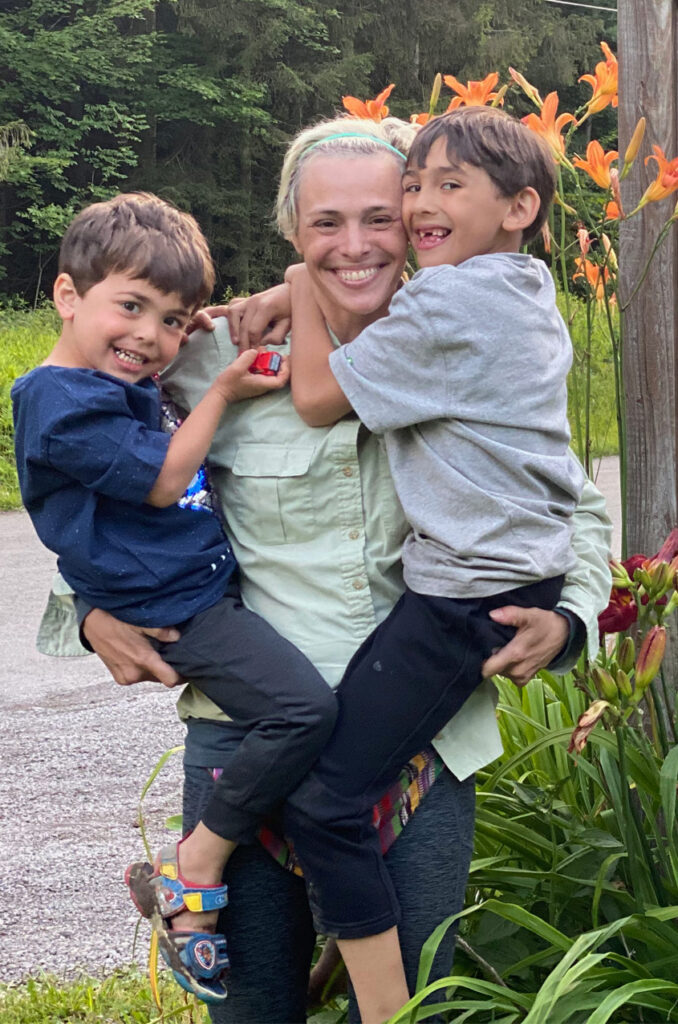
STEM Presidential Postdoctoral Scholar Tiffany Betras was pregnant with her second son when she decided that she was going to pursue a PhD. With bachelor’s degrees in political science and French, and a master’s in biology, she was planning a new career knowing there would be challenges as a single mother. But once she got started, she never looked back.
“I can’t quite describe the feeling of pride I experience when my children tell people that their mom is a scientist,” Betras said.
She has also discovered a strong network of women in science.
“I have learned that it’s important to actively seek and promote environments and mentoring relationships that support women and advocate for a healthy work-life balance,” she said.
Betras is flourishing in the lab of biology’s Sarah Bagby researching microbial ecology. She learned early on about the resources available to her and how best to approach her studies.
“I took my kids with me to the school’s field station where we lived in a cabin,” Betras said. “It was intense because I had them with me for long days in the field but fortunately my children are both nature nerds like me and loved searching for critters.”
There are still times where Betras feels pressured. It’s then that she relies on family and strong mentors, including Bagby, who Betras said is “an inspiration as a scientist and as a mother. It’s wonderful to have her as a role model.”
“This (experience) has been incredibly challenging and rewarding. However, science is my passion,” she said. “I love that I can set a positive example for my children.”
Pushpa Pandiyan
Associate Professor, Biological Sciences
School of Dental Medicine
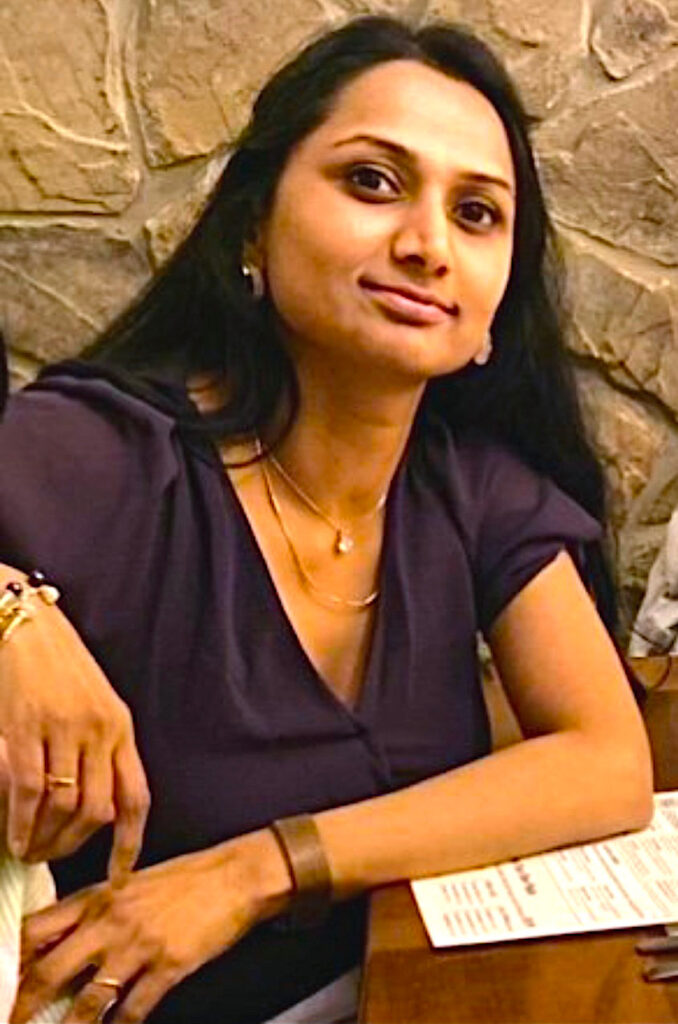
Associate Professor Pushpa Pandiyan of the School of Dental Medicine thinks the tools necessary for women to smash the glass ceiling in the fields of science and research are an inquisitive mind and persistence.
“Careers in science offer the freedom to strike a good work-life balance if you do it right,” says Pandiyan, “and it’s not as hard as it seems—science is for everyone.”
Immunology is what drew Pandiyan to her career, and the ability of a scientific researcher to make significant changes to real people’s lives—coupled with the opportunity to learn on a daily basis—is what pushed her forward.
“Life is a process of learning,” Pandiyan explained, “and my job not only enables me to learn but it keeps me stimulated and excited every day.”
Pandiyan’s work has been published in premier scientific journals, the most recent being published in Nature Communications. This study has discovered how HIV damages our immune system cells by changing their metabolic pathways.
“We will follow up on this work in the future,” Pandiyan says, “looking to find new ways to repair the immune system damaged by viruses.”
Pandiyan was mentored by women both inside and outside of the classroom and enjoys sharing that gift with future generations of women.
“Watching my PhD mentor build her family and career had a positive impact on me,” said Pandiyan, “but my true mentor has always been my mother. A woman of tenacity, she inspired me to become the first PhD in my family.”
Rebecca Kimmelfield
Third-year law student
School of Law
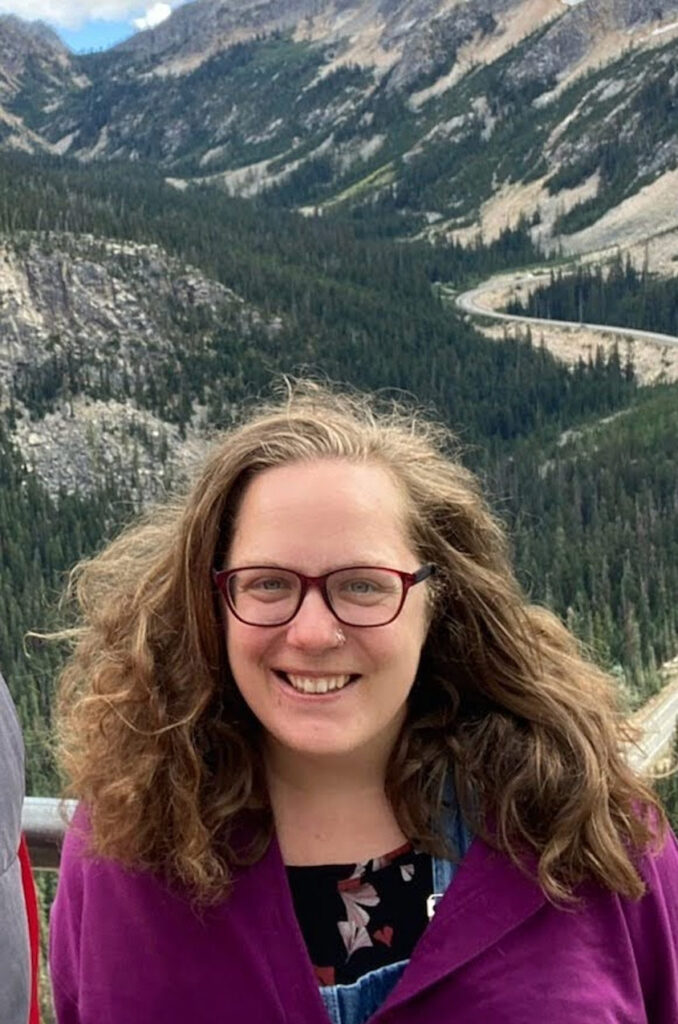
While earning a PhD in translational plant sciences from The Ohio State University, third-year law student Rebecca Kimmelfield participated in a research project focused on the methods of industry and university collaboration in the realm of microorganisms and natural products. The research centered on the use of beneficial bacteria to control plant-disease-causing organisms and Kimmelfield focused on the real-world application of her findings, particularly the volatile compounds produced by bacteria.
Kimmelfield’s current interest in law, which brought her to Case Western Reserve, was piqued as a result of her research.
“An important part of applied science is protecting intellectual property, specifically patent law” Kimmelfield said.
She also interned at a startup company, crediting the formative experience for sparking her interest in applied science. Now in her final stretch of law school, she plans to return to a law firm she has previously interned with to work in their intellectual property group.
Kimmelfield points to mentors throughout her academic career for her success, including School of Law professor Matt Rossman in the Community Development Clinic, who helped her develop critical thinking and self-confidence in her legal skills.
“I am a true product of the ‘it takes a village’ approach, and have been lucky to have had many great mentors over my entire academic and professional career, and many of those are women,” Kimmelfield reflected. “My first undergraduate research mentor inspired me to pursue graduate school and I met two women when I interned with a law firm who became mentors. Being surrounded by so many smart, accomplished and experienced women helped me develop confidence in both myself and the path I was pursuing.”
Dana M. Prince
Associate professor
Jack, Joseph and Morton Mandel School of Applied Social Sciences
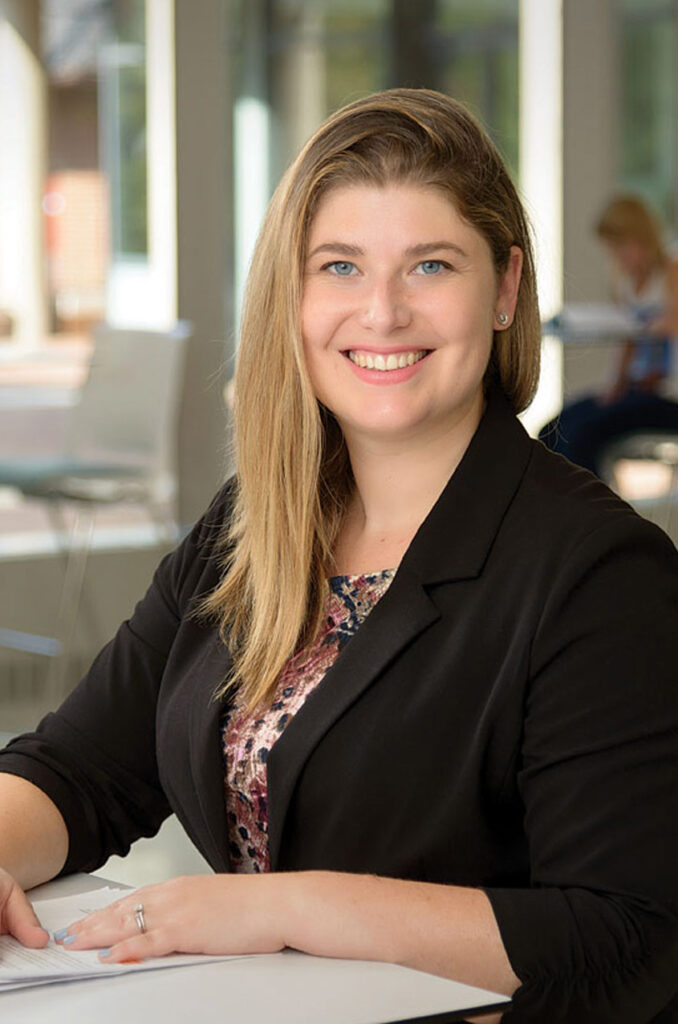
Associate Professor Dana Prince’s work in social sciences—the study of human society and relationships—is focused on the needs of youth with diverse sexual orientation, gender identity and expression (SOGIE). Similar to the term LGBTQIA+, SOGIE encompasses both sexual orientation and gender identity, and the work is typically focused on better addressing the needs of youth who are involved in public systems.
Prince’s research draws heavily on her partnerships and collaborations with other fields of knowledge. By bringing each person’s expertise and particular research focus area together, social scientists can then conjointly develop interventions that are responsive, based in real-world settings and are actually meaningful and appropriate to the SOGIE youth.
“We talk about these messy, complex problems,” she said. “And we can’t just rely on one way of thinking or knowing how to create social change.”
Prince’s personal experiences at an early age inspired her to study not only social work, but also public health, urban education and women’s and feminist studies. She believes all of these different training pieces shaped who she is as a social work scholar and researcher.
“The answer to why we do what we do is often multi-layered,” she reflected. “I have always been interested in social change and addressing social problems, and it’s amazing to me how everyone has different experiences and understandings of why things are the way they are in our society.”
To Prince, the need to champion women and girls in science is obvious.
“There needs to be more equity in who has access to learning about research, and it can’t just be limited to gender—there are all types of people who have been excluded from research opportunities over the years, and that needs to change.”
Evi Xenophontos Stavrou
Oscar D. Ratnoff Designated Professor in Medicine and Hematology
School of Medicine
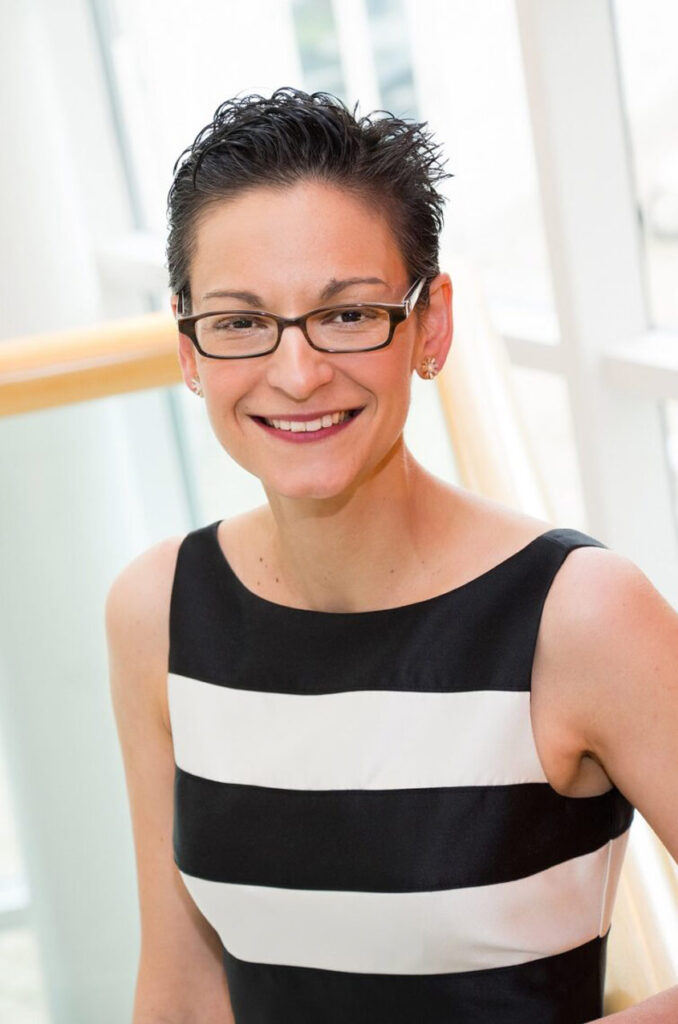
Advancing scientific discoveries from the laboratory to the bedside is what defines academic medicine. This pursuit of improving people’s health through science drives physician-scientist Evi Stavrou, to develop novel research that can be translated into therapies to solve complex health problems.
Stavrou, the Oscar D. Ratnoff Designated Professor in Medicine and Hematology at the School of Medicine and medical director of the anticoagulation clinic at Louis Stokes VA Medical Center, provides clinical care for people with hemostatic and thrombotic disorders. These patients have abnormal clotting of blood, which has been implicated in many serious conditions, including deep vein thrombosis, pulmonary embolism, arterial thrombosis, diabetes and cancer progression.
Stavrou’s laboratory focuses on identifying cellular and molecular networks that allow inflammatory cells to communicate with the coagulation system and on innovative ways to target these pathways for therapeutic benefit.
“What drew me to a physician-scientist career was a combination of innate curiosity, inspiring women in my life and the opportunity to make impactful discoveries,” said Satvrou.
In this work, Stavrou has built several multi-disciplinary collaborations with leading experts in the biomedical and electrical engineering, nanomedicine, advanced imaging and biochemistry fields.
These collaborations have resulted in transformative discoveries such as the development of a point-of-care microsensor that measures coagulation with a few drops of blood (ClotChip), novel candidate drugs to treat thrombosis with no bleeding complications, and nanomedicine approaches to treat chronic, non-healing wounds.
Riley Yusko
Second-year Master of Nursing student
Frances Payne Bolton School of Nursing
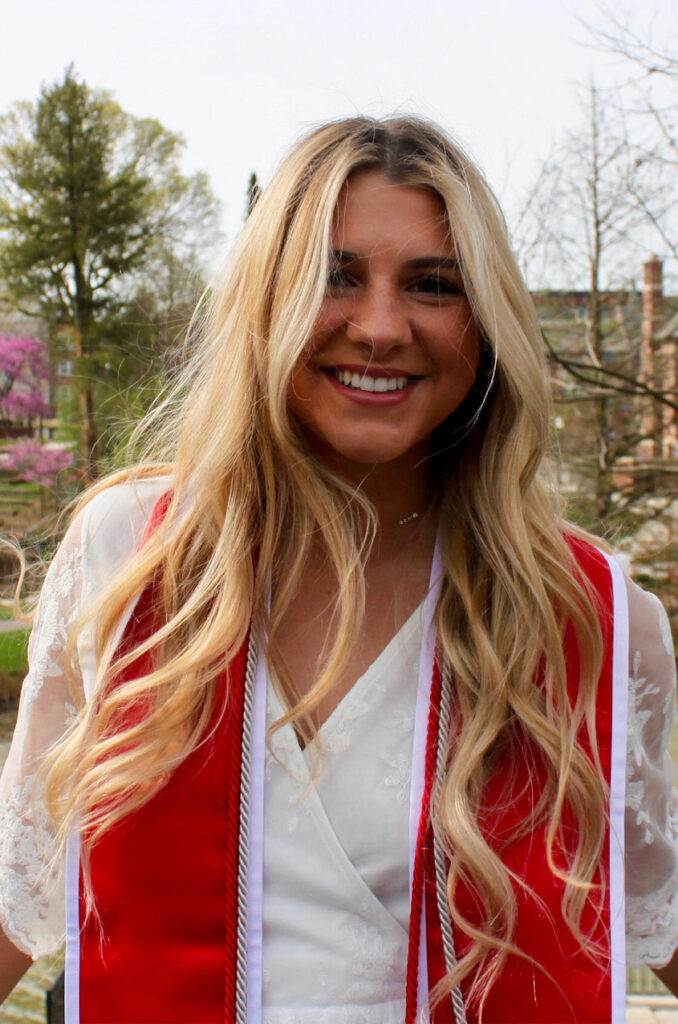
As an interdisciplinary field, nursing requires working closely with other medical professions. Riley Yusko, a second-year Master of Nursing student, feels it also means that nurses often find themselves advocating for themselves, their expertise and their knowledge in a room full of highly educated individuals..
Nurses also advocate for someone else: the patient.
“Nurses often spend the most time with the patients, so we tend to see more than the others who are on the healthcare team,” Yusko said. “It can be difficult advocating for ourselves along with the safety and wellbeing of the patients we work with.”
Yusko always felt an intuition to become a nurse, create connections with people and make a difference in a healthcare system.
“Working in a STEM field takes a lot of critical thinking skills, which I’ve developed throughout my volunteering, undergraduate jobs and now grad school. And learning in a STEM field is even more difficult,” she said. “We’re not just attending classes and doing school work, learning about healthcare and sciences, we’re also expanding the scope of practice through clinicals, quality improvement projects, practicum and working actual jobs in the field after class.”
During her time at CWRU, Yusko has completed a family health research study with Professor Valerie Toly focused on interventions to assist parents as they manage the challenges of caring for children with medical devices. She’s also on the board for the Student-Run Health Clinic and works as a nurse assistant in the pediatric hematology and oncology department of University Hospitals Rainbow Babies and Children’s hospital. Yusko hopes to continue her career after graduation as a nurse at Cleveland Clinic.
Elaina Bancroft
Third-year economics major and first-year in the Integrated Master of Business Analytics and Intelligence program
Weatherhead School of Management
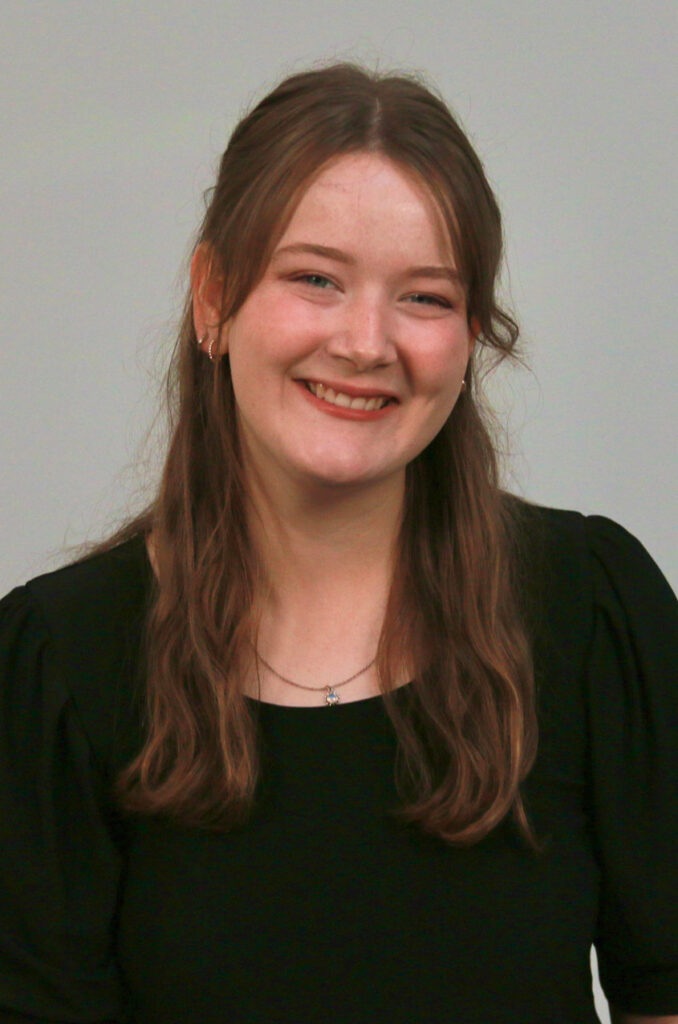
The reason Elaina Bancroft has been drawn to math-focused classes since high school is a simple answer, quite literally.
“I really like having an answer,” she said. “I enjoy that mindset of analyzing a problem and arriving at a solution.”
Bancroft, a third-year economics major, is also in her first year of the Integrated Master of Business Analytics and Intelligence program in the Weatherhead School of Management.
Bancroft applied for the integrated program after searching for another area of study to pair with her economics major. Associate Dean for Undergraduate and Integrated Studies Jenny Hawkins recommended the program to Bancroft because it would give her an outlet to use her analytical mindset in the corporate world.
“It feels scary to say you’re applying to grad school, but giving women in the economics major a reminder that they are more than capable of tackling the master’s program is important,” Bancroft said.
This semester, Bancroft is working as a research assistant with co-director of the Master of Business Analytics and Intelligence program, Jagdip Singh, on a project analyzing the resistance/resilience in frontline healthcare workers and their responses to the COVID-19 pandemic and what it could mean for future pandemics of this size.
During the project, she will help to create data visualizations through computer programming to analyze the research.
“I’ve sincerely enjoyed my time in the program thus far,” Bancroft said. “It’s given me the chance to use the statistical and mathematical fundamentals I have learned and apply it to something I can feel a tangible impact in.”
Tracy Wilson-Holden
Assistant vice president for research integrity
Adjunct instructor, School of Medicine Department of Bioethics
Office of Research and Technology Management
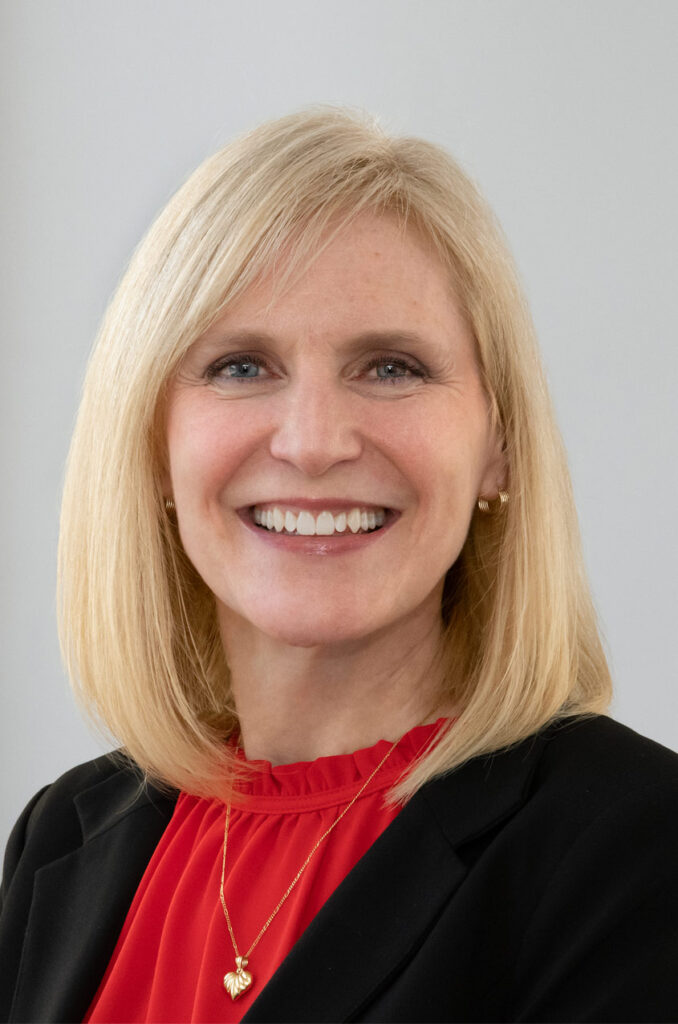
For Tracy Wilson-Holden, scientific integrity is not a series of trainings to complete—it’s a way of life. As assistant vice president for research integrity and adjunct professor in the Department of Bioethics, Wilson-Holden has spent the last 17 years helping researchers put the ethics, validity and reliability of their science first.
“Research integrity—or scientific integrity—needs to permeate the work,” said Wilson-Holden. “It’s not one of those trainings you can sit through, then never think about it again—it really does need to be part of every day, every interaction and every piece of work we do in science.”
Rather than a set of rules to follow, Wilson-Holden views her work as a chance to create mentorship opportunities for faculty and students, encouraging good communication and transparency between all parties throughout the research process.
Although the bulk of her career has been spent in research administration, Wilson-Holden initially worked as an intraoperative neurophysiologist, monitoring patients’ nervous systems in real-time during surgery and assisting orthopedic surgeons with their research. After a decade of working in the operating room—and the birth of her twin sons—Wilson-Holden began to explore options for a more predictable schedule, ultimately transitioning to the administrative side of research.
As a woman who has carved out her own unique path in science, Wilson-Holden recognizes the importance of demonstrating the breadth of options available to women who may be interested in a career in STEM.
“It’s so important to encourage women to follow their passions wherever they lead,” said Wilson-Holden. “The career path in science can go in so many different directions, which is really an exciting thing! It’s not a direct path, and the more that we expose young women to all the different possibilities of what their career can look like, the more empowered they’ll feel to pursue them.”


